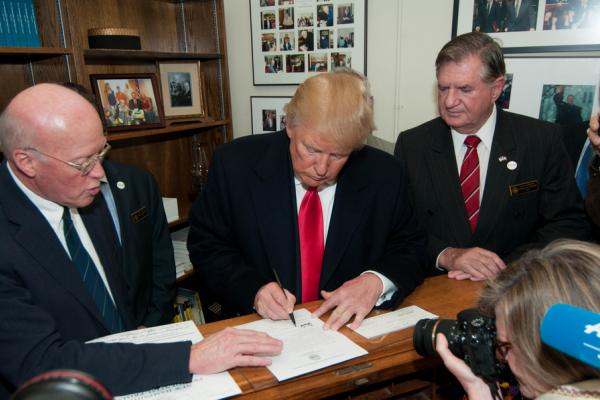Sep 12, 2019
The current divided government that we see in the U.S. as a result of the 2018 midterm elections has made it markedly more difficult for the president to advance his agenda through new laws and decisions on Congress. Given the contempt he and so many of his supporters have shown towards so many groups of vulnerable people, the new obstructions to Trump’s agenda in the Congress is more than welcome. Unfortunately, the Trump administration’s response to having its legislative agenda stymied has largely been a shift to unilateral executive actions on the administrative and regulatory front rather than any reconsidering of the wisdom or morality of visiting harm on society’s most vulnerable.
Read the Full Article

Already a subscriber? Login
